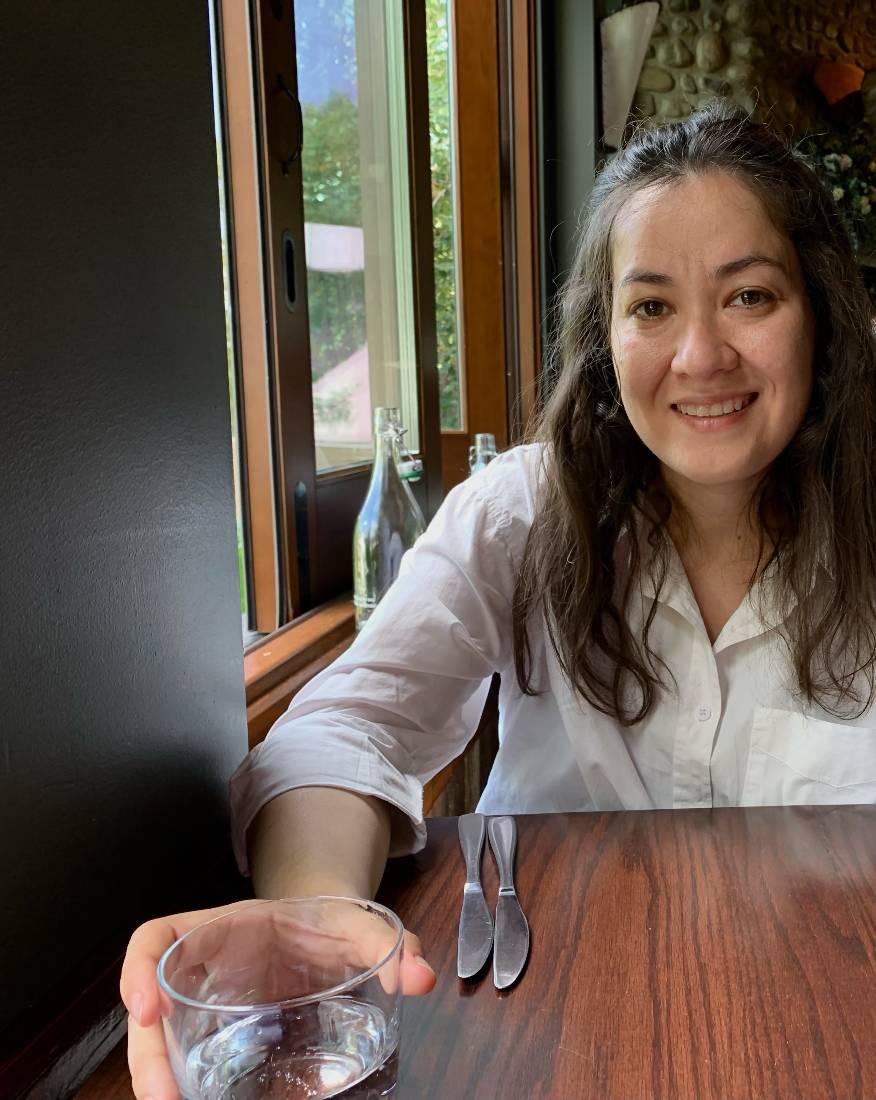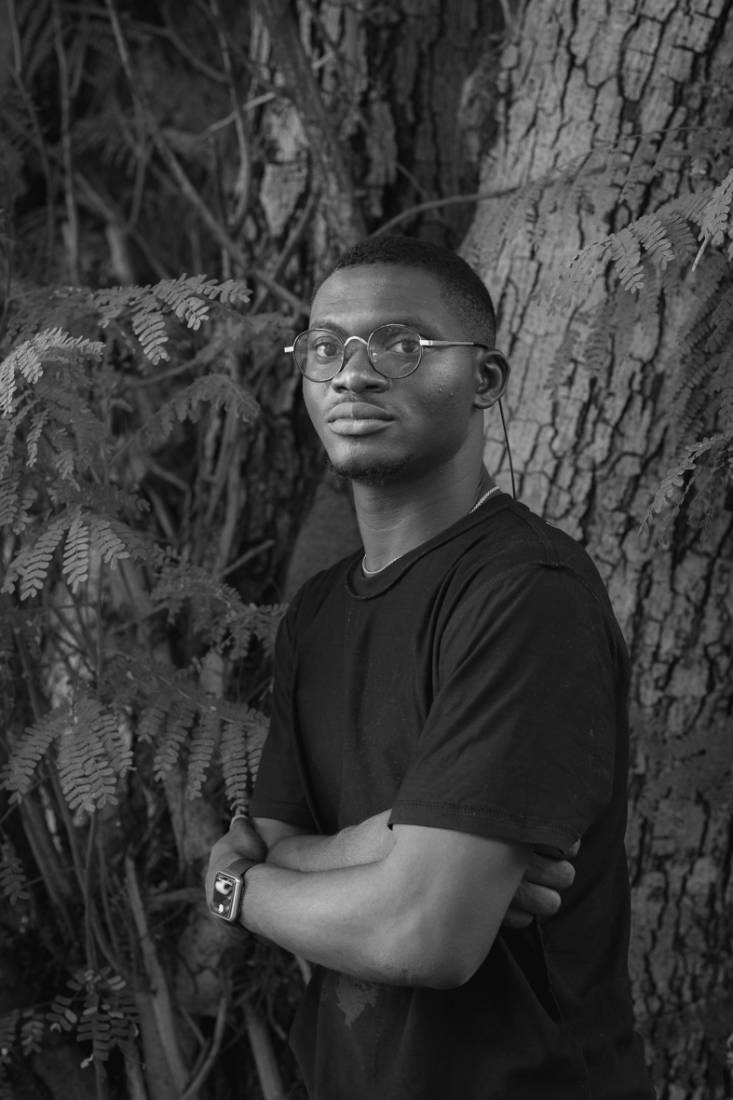Adedayo Agarau Reviews "Disbound" by Hajar Hussaini
Posted on February 1, 2023
THE PERFORMANCE OF BROKENNESS
a review of "Disbound" by Hajar Hussaini
What do we say of poets who gather the bones of lovers, the debris of war, and torn walls of houses smashed to dust? What do we say of lyrics; the sonic lineation blossomed through enjambment that remembers until the poet is lost in the echoes? When a poet is writing from distance, do we exalt the memories or place the poet in the backdrop of the chaos they are intimating?
“Disbound” means "that the book or booklet, whether printed or manuscript, was once sewn and bound, but has now lost its binding." A careful act of uprooting. A displacement. A protest. A fracture. The spine of the book is broken beyond recognizability.
Disbound is a collector of brokenness, an incongruity engaging its own title. Disbound pushes to the shore the questions of names, familiarity and the persevering nature of memory, performing more miracles than language allows a poem. In this book, there is survival and the poetics of surviving.
In the opening poem of Disbound, “notes on Kabul”, Hussaini sets us down into the capital and largest city of Afghanistan, a city that has been affected by ongoing conflict and instability. Hussaini packs heaviness and lightness into this small poem. The speaker interrogates media bias, and the concept of fortune with a “surplus of survival guilt” in a city where not everyone has been fortunate. Politics are questioned. The mention of the "price of two boiled eggs" points both at the literal high cost of necessities in Kabul, and becomes a metaphor for the value of life in a place where survival is not guaranteed. The speaker describes the city's streets as "rectangular" and "grind[ing]" like "watercolor powder", suggesting the feeling of being trapped or confined by Kabul's geography or by political realities. How do the people continue to live? Hussaini’s answer: washing the blood off their bags and hats. And, perhaps, playing "stone scissor paper".
A frequent resolve in Disbound is the peace that comes with existing — or perhaps, the performance of calmness in the midst of chaos. In “Tea House”, the speaker uses a tea house as a witness to chaos or as a gatherer of stories. The tea house creaks for oil; there is "bleeding" and prayer "for bodies that remained". Yet in the final line, the speaker asks for "lemon tea honey, please". The speaker in this scene. The tea house. There are many literal blank spaces between them in this poem, achieved by the column-like form. The blank space reveals the stories the speaker isn’t saying, but that are being told in their standing moment. The question becomes, are places also viable witnesses? Can they genuinely hold stories of what happened? How do they tell it? In mapping Kabul, Hussaini’s “Tea House” asks the reader to consider the idea of revival.
This isn’t the only way Hussaini uses blank space in poems, and in each occurrence, the sense of being disbound is further established. Each of these spaces, whether found between the lines or as indentions, appears as a map. In some cases, they are mapping the distance between bodies. The complexities of these lines, as if mapping, prove the difficulty in finding and marking graves of distance, relationships, and even houses. This blank space stitched throughout Disbound denotes forceful emigration, ejection, loss, absence, and divide; the visual aesthetic is one of the most vital features in Disbound, after language.
Although Disbound shifts focus from country to city to family to self, the speaker’s presence is never lost. Moreover, each time it seems the speaker is solely paying attention to the grainy details of an outlier world, the reader can still feel an understated presence of self in the poems. As if the shadow is heavier than the body, and the poet is constantly reminded that a forbearing figure of themselves must be captured at every shutter. One begins to question the ideas that come with personification; where does surrealism end in the poem that embodies truth? In “Disbound”, a profoundly upsetting final poem, Hussaini further complicates the self and family portrait of this project. "I'm awakened to an atrocious dream: my sister cuts her hand…" In one breath, it is a dream. In another breath, we wish it was. Every poem is a working of truth, but in Hussaini’s work, every poem is truth working on behalf of language.
Disbound gathers the remnant of a ripped city and puts it all under the service of light. Slowly, slowly the book comes together even as it falls apart. Although parts have been torn, Hussaini has successfully replaced a city with words, and she has turned toward redemption for revival. When there is a need for water, the poet's throat is baptized with lemon tea honey. What more can we ask from a first collection that magnifies the small details of war? How do we name the things in the places we have never been if we do not read about the things left behind? How do we bond these people in unmarked graves if we do not let Hajar Hussaini guide us?

